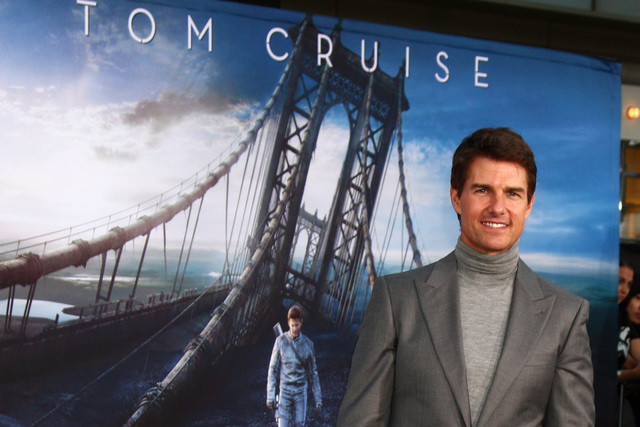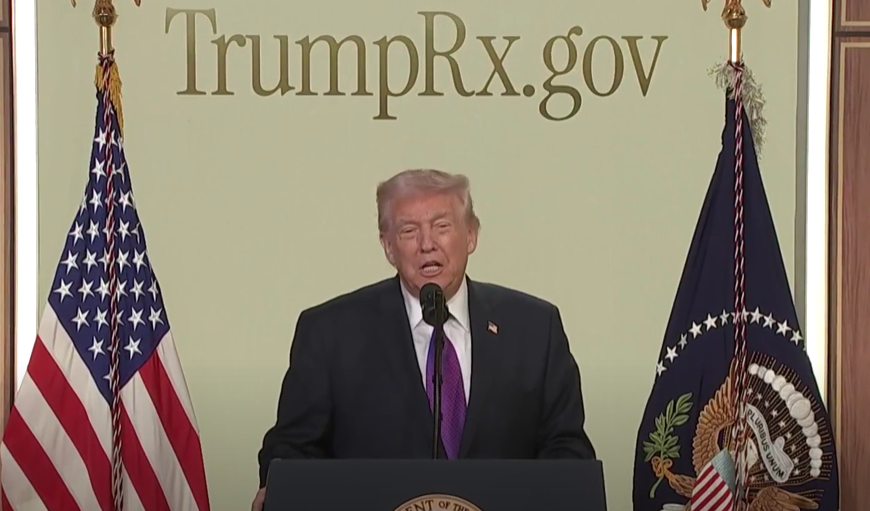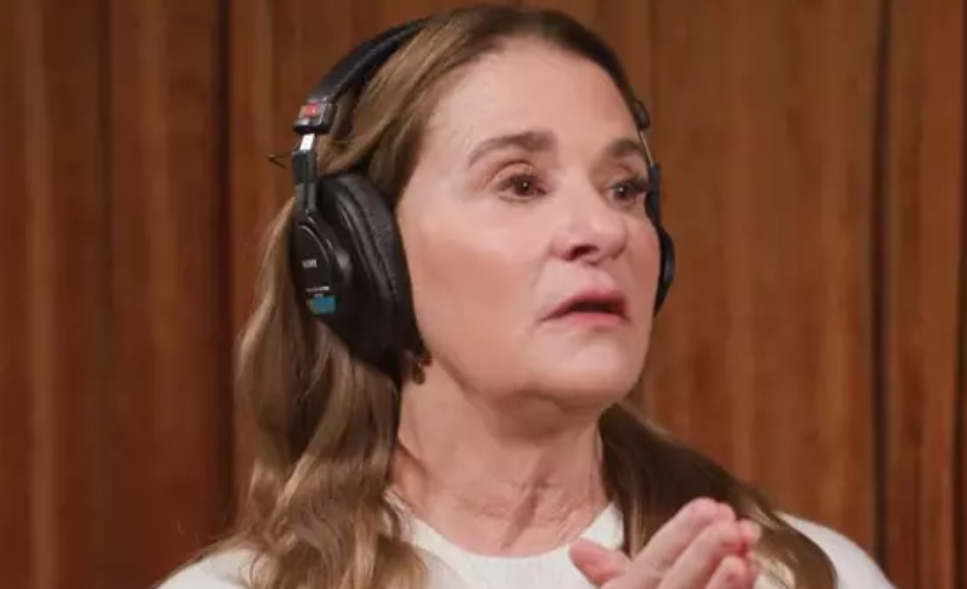Tom Cruise’s 2005 Big Pharma Alert Resurfaces Amid CDC’s Shocking Antidepressant Data

What are the main factors driving the increase in depression rates in the US since 2005? How does Tom Cruise’s 2005 Big Pharma warning hold up against today’s mental health trends?
In 2005, a fiery interview on the Today show sparked headlines when Tom Cruise called psychiatry a “pseudoscience” and warned about the overuse of antidepressants.
Fast forward to 2025, and his words are making waves again. Why? New data from the Centers for Disease Control and Prevention (CDC) shows depression is more common in the US than ever before.
This has people revisiting Cruise’s claims about Big Pharma’s influence and asking: Was he onto something?
Depression on the Rise

The CDC reports that in 2023, nearly 18% of Americans experienced depression, a sharp jump from 5.4% in 2005 when Cruise made his controversial statements.
Alongside this, 11% of Americans were taking antidepressants. While this number has slightly decreased overall, there’s a surprising twist: antidepressant use among young adults aged 18 to 24 has surged by 35% since 2018.
This trend has raised eyebrows, especially since Cruise warned about the overprescription of these drugs, particularly to young people.
Doctors often recommend therapy alongside medication, but many Americans can’t access or afford therapy.
This leaves some relying solely on pills, which critics argue might not address the root causes of depression.
In countries like Canada, antidepressant use is much lower—between 5% and 9%—prompting questions about why the US leans so heavily on medication.
Tom Cruise’s 2005 Big Pharma Warning and the Debate

Back in 2005, Cruise stirred controversy by saying antidepressants “mask the problem” and questioning the idea of a “chemical imbalance” in the brain.
He faced backlash, with many calling his views reckless, especially since he criticized actress Brooke Shields for using antidepressants to treat postpartum depression.
Shields later said his comments unintentionally brought attention to mental health issues, sparking important conversations.
Cruise’s stance was tied to his Scientology beliefs, which oppose psychiatric drugs. While some dismissed his views, others now point to studies questioning the chemical imbalance theory.
A 2022 study from University College London found no clear evidence that low serotonin levels cause depression, challenging decades of medical assumptions.
This has led some to wonder if Cruise’s warnings about Big Pharma pushing quick-fix solutions had merit.
Balancing Treatment and Awareness

The rise in depression and antidepressant use highlights a bigger issue: how mental health is treated in the US. Cognitive Behavioral Therapy (CBT) and other talk therapies are effective, especially for mild depression, but access remains limited.
Meanwhile, medications like sertraline show results—72% of patients in one study saw significant improvement compared to 32% on placebo.
Yet, the debate continues about whether pills are overprescribed, especially for young people.
Cruise’s 2005 warning may have been polarizing, but it’s prompting reflection today. Are we too quick to medicate? Is Big Pharma’s influence overshadowing other solutions?
As depression rates climb, finding a balance between medication, therapy, and awareness is more crucial than ever. The conversation Cruise started nearly 20 years ago is far from over.
You might also want to read: How Strong Is the Link Between Social Media and Depression?


